I know you’re smart, and you know you’re smart; so stop trying to convince that to everyone else through your writing.
One thing I’ve noticed in corporate and professional settings is the extensive use of grandiose and superfluous vocabulary (see, I know big words too) in materials that are sent to their clients. The result? People calling to ask about the information they just received because they did not fully understand it.
Now, correct me if I’m wrong, but isn’t that counterproductive? Your intent to communicate ended with you complicating the matter even more.
So, before your next batch of letters about that upcoming event or promotion goes out, keep these three tips in mind:
1. Be clear and concise. No one wants to decipher what you’re trying to say, especially in this age of instant information. There’s news coming at your audience from everywhere. For your message to stick, make the facts plain and don’t waste time over-fluffing it.
2. Don’t get caught up in jargon. It assumes the reader knows what you’re talking about (and you know what they say about assumptions). You can cut down on this by having someone in another department read your work for clarity.
3. Be conversational yet professional. People can relate to things that are written in a conversation tone, but don’t cross the line of professionalism by using bad grammar or slang. Also, be sure to not dumb down your information to the point where it comes off as insulting the reader’s intelligence. Find a happy medium between “expert” and “baby talk”.
Of course, there will be times where you need to be overly detailed in your message or stray from these guidelines, but these three points are still a good place to start. If you take nothing else from this, just remember to keep it simple!
It probably goes against your organization’s norm, but if you wanted to stay in the status quo, you wouldn’t be reading this blog in the first place.




